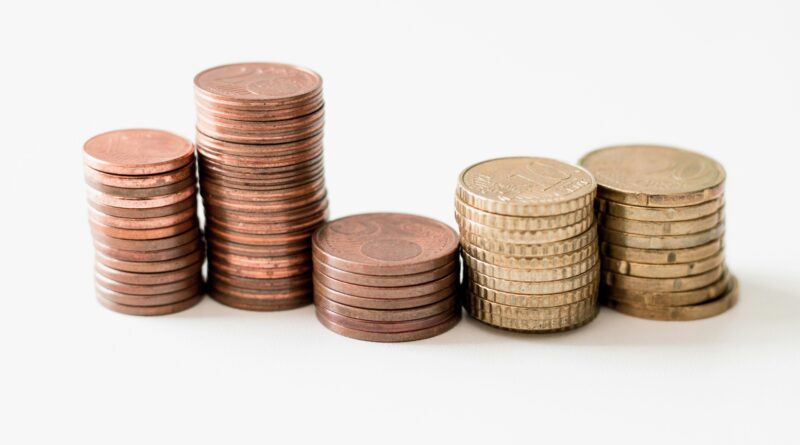The Silent Squeeze: How Stealth Taxes Are Draining South African Wallets
South African taxpayers are facing a hidden financial assault as “stealth taxes” – the subtle, often unnoticed fiscal measures – gradually erode disposable incomes and investment returns. These under-the-radar levies have become government’s preferred tool for raising revenue without triggering outright public outrage.
The Stealth Tax Playbook
- Bracket Creep: Inflation pushes salaries into higher tax brackets without real growth in purchasing power
- Excise Hikes: Annual above-inflation increases on fuel, alcohol and tobacco
- Regulatory Levies: New “admin fees” on everything from e-tolls to broadband
The Cumulative Impact
Middle-income households now lose:
✓ 22% more to indirect taxes than five years ago
✓ 15% of investment returns to hidden fees and taxes
✓ 9 working months per decade purely to tax obligations
Why It Matters
These invisible drains:
- Mask true tax burden increases
- Disproportionately hit lower-income groups
- Create illusion of “no new taxes” while steadily increasing revenue
With Treasury desperate to plug budget holes, experts warn stealth taxation will only intensify – making financial literacy more crucial than ever.

The Invisible Tax Bite: How Government Quietly Drains Your Wallet
South Africans are suffering death by a thousand fiscal cuts as Treasury increasingly relies on stealth taxes to boost revenues without triggering public backlash. These barely noticeable levies and adjustments have become the government’s go-to solution for bridging budget gaps while maintaining the fiction of tax rate stability.
The most pernicious offender remains bracket creep – the phenomenon where inflation pushes salaries into higher tax brackets without any real improvement in living standards. With South Africa’s 6.5% inflation rate, an average middle-class worker now pays 22% more in income tax than five years ago despite earning less in real terms. This silent raid on paychecks goes largely unnoticed amid the noise of annual budget speeches.
But the stealth tax playbook extends far beyond income tax. Regulators have perfected the art of the slow squeeze through:
- Annual 8-12% excise hikes on “sin products” (triple the inflation rate)
- New “regulatory fees” buried in telecom and municipal bills
- Inflation-plus increases to “user pays” services like e-tolls and driver’s licenses
The cumulative effect is devastating. Financial planners calculate that between hidden taxes and the fees they enable, the average household now works until May 15th each year just to meet tax obligations – nearly a month longer than in 2019. Retirement funds lose 15% of their growth to stealth taxes on dividends, capital gains and retirement fund contributions.
Perhaps most insidiously, these measures disproportionately impact lower-income groups. The VAT increase showed politicians the danger of visible tax hikes, making stealth taxation the preferred revenue tool. With Treasury needing to collect an additional R85 billion this fiscal year, experts warn the silent squeeze will only intensify – making financial vigilance every citizen’s unwelcome new responsibility.



